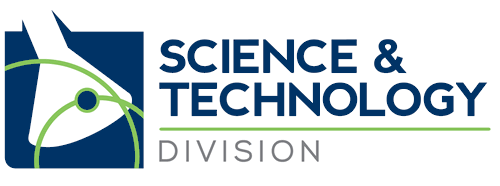Pablo Mugüerza, MD, will be presenting “New Professional Options for Medical Translators” on Saturday, October 27, 2018 from 3:30 to 4:30 pm.
In order to provide a complete picture of the field of medical translation, this review will begin with a brief look at 1) what medical translators have been translating for centuries, with a few examples of outstanding Bible and Greek medical texts (with a reference to The Odyssey by Homer – not medical, precisely); and 2) what medical translators were translating until the day before yesterday, with a brief mention of the main types of medical texts you left on your desktop before attending this presentation (and to which you will be returning when we are done here).
The core of this presentation will be what medical translators are doing/translating today (and what we will be doing/translating in the short term). As a matter of fact, this is a short story of Pablo’s own experience, who in recent months/years has faced the following challenges:
- Translating second medical opinions. Companies have emerged which allow patients to present their medical cases (usually severe, difficult ones) to one of the most outstanding doctors in the field worldwide and get their second opinion. Those second opinions will usually be in English, and they need the most accurate translation. Not everyone is ready for that. The responsibility is huge in many respects.
- Translating about medical devices: although it is not clear yet which translation specialist should undertake these texts, we medical translators are doing them in the meantime. For example, translating the user guide for a portable ultrasound system (echograms on your smartphone or tablet!) is a new option that will challenge not only your medical background, but also your common sense and command of software terminology.
- Translating and localizing patient questionnaires: something as apparently easy as asking patients how difficult they find climbing stairs may be a major localization issue. “A flight of stairs” is differently understood in the United States or in Spain, for instance.
- The presentation will end with a brief look at the translation of avant-garde medicine: the answer to the question “Are you ready to translate about CRISPR?” would be a perfect example of this new option in medical translation.
Proofread by Kathleen Clegg BA (Hons), MSc
SfEP Intermediate Member
ITI Career Affiliate

